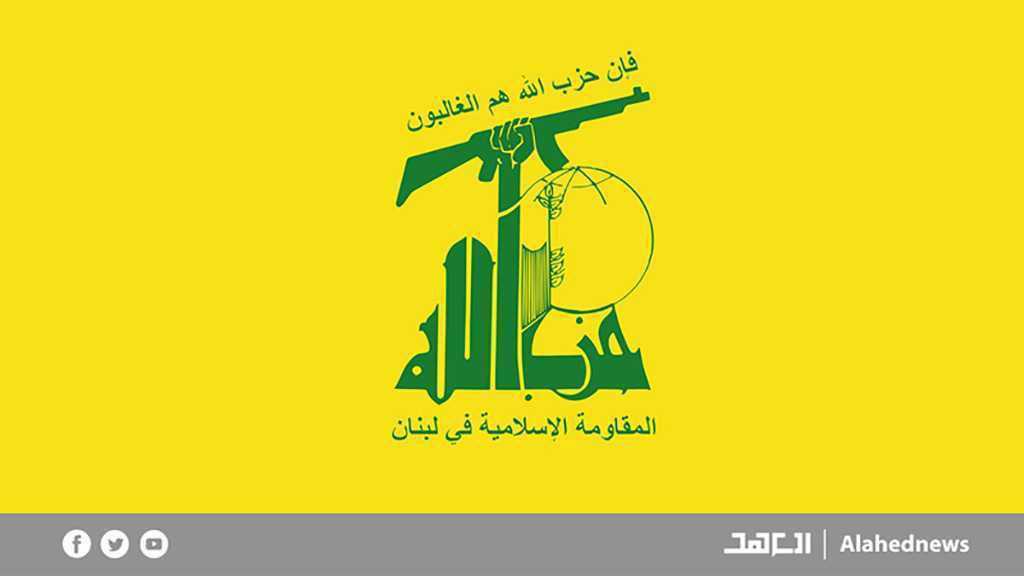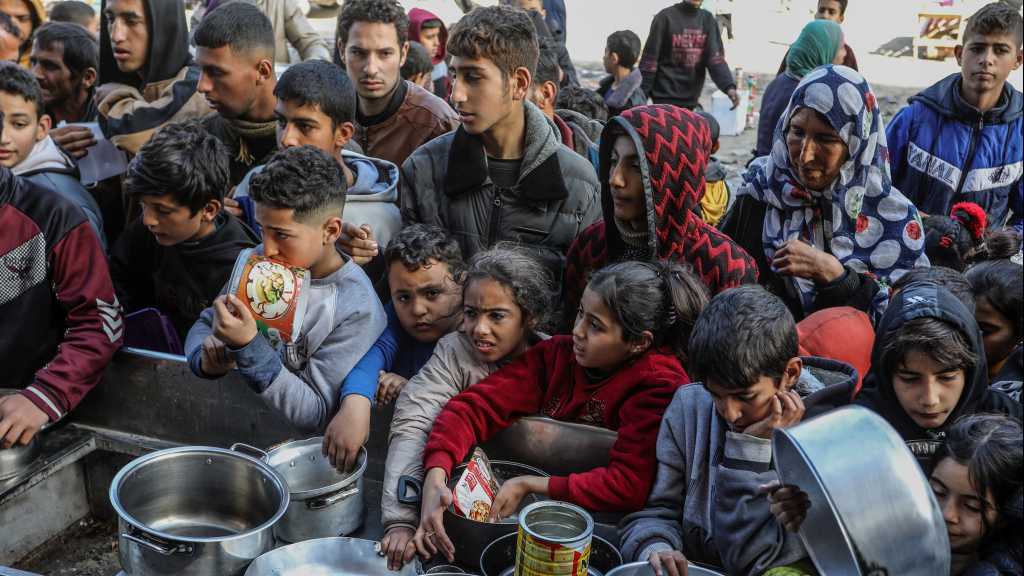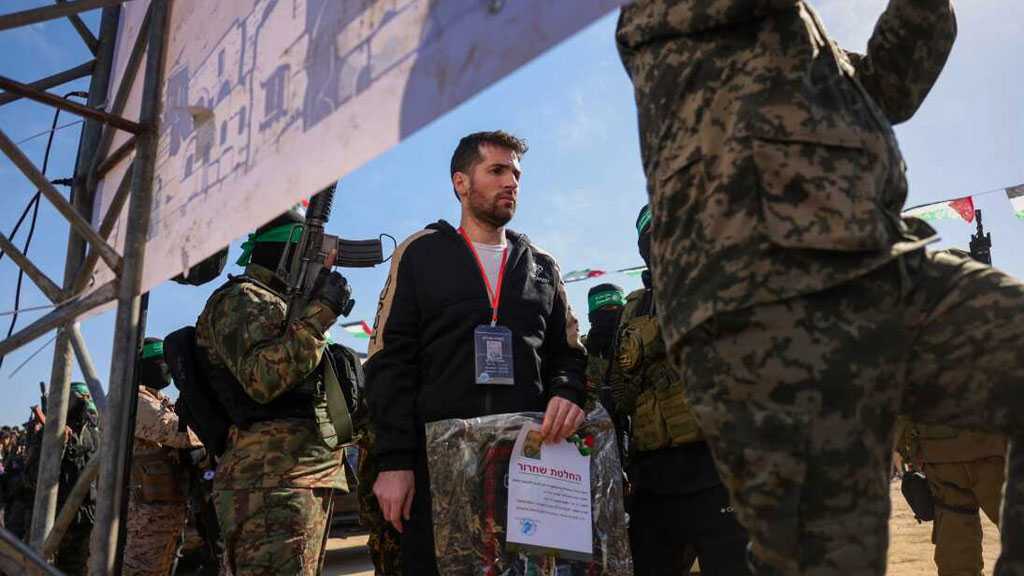KSA Designates Brotherhood, ISIL, Al-Nusra as Terrorist
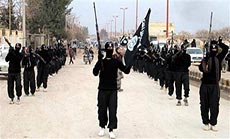
Local Editor
Saudi Arabia on Friday listed the Muslim Brotherhood and two Syrian extremist groups as terrorist organizations, and ordered citizens fighting abroad to return within 15 days or face imprisonment.
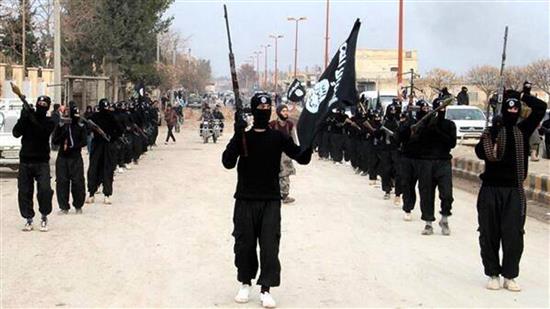
The move represents a major escalation against the Muslim Brotherhood of deposed Egyptian president Mohamed Mursi and indicates rising concern in Riyadh over the possible return of battle-hardened Saudi extremists from Syria.
In addition to the Muslim Brotherhood, Saudi listed al-Nusra Front, which is Al-Qaeda's official Syrian affiliate, and the so-called Islamic State of Iraq and the Levant [ISIL] as terrorist organizations.
The interior ministry decree, which was released by state media, also listed as terrorist groups the Huthi rebels fighting in northern Yemen and "Hizbullah inside the kingdom".
The order penalizes involvement in any of the groups' activities at home or abroad - including demonstrations - and outlaws the use of "slogans of these organizations", including in social media.
It also forbids "participation in, calling for, or incitement to fighting in conflict zones in other countries".
King Abdullah last month decreed jail terms of up to 20 years for belonging to "terrorist groups" and fighting abroad.
Similar sentences will be passed on those belonging to "extremist religious and ideological groups, or those classified as terrorist organizations, domestically, regionally and internationally," state news agency SPA said at the time.
Supporting such groups, adopting their ideology or promoting them "through speech or writing" would also incur prison terms, the decree added.
Saudi and other conservative Gulf monarchies have long been hostile towards the Muslim Brotherhood, fearing that its brand of grass-roots activism and political Islam could undermine their authority.
The decision to brand the Brotherhood a terrorist group came a day after Saudi, Bahrain and the United Arab Emirates recalled their ambassadors from Qatar, which had been a staunch supporter of Mursi and backs Brotherhood-linked groups across the region.
It was an unprecedented escalation of tensions within the Gulf Cooperation Council - which also includes Kuwait and Oman - and was widely seen as signaling Gulf fury at Qatari support for Islamist groups following the 2011 Arab Spring uprisings.
It was also seen as a revival of the on-again, off-again rivalry between Riyadh and Doha, oil- and gas-rich monarchies that have long vied for regional influence.
Saudi hailed the overthrow of Mursi and pledged billions of dollars to Egypt's military-in.
Source: News agencies, Edited by website team
Comments
- Related News

